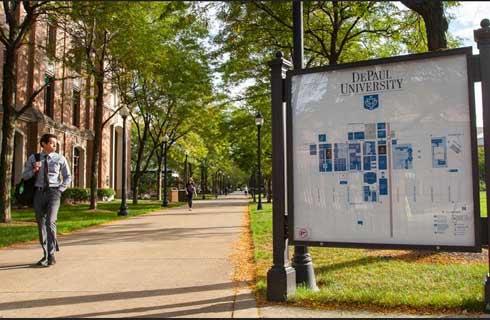Master of Science in Network Engineering and Security

学历文凭
Masters Degree

专业院系
Physics

开学时间

课程时长

课程学费

国际学生入学条件
Bachelor's degree awarded from a regionally accredited institution
Send official transcripts from ALL colleges and universities attended, one which must show the conferral of a bachelor's degree from a regionally accredited institution. Transcripts must be sent directly from the institution of record, we do not accept transcripts sent from applicants. Institutions can send them electronically (preferred) or mail them to the address below. DePaul alumni/undergraduate students applying for graduate admission can request a free electronic transcript from DePaul. International applicants must request a course-by-course transcript evaluation. Visit the Transcript Evaluation page for additional information.
Optional: Submit any supplemental materials, such as letters of recommendation or professional experience as evidenced by a resume or industry certifications.
ETS TOEFL – minimum score of 80 iBT TOEFL with no section lower than 17, minimum score of 550 on the paper-based exam.
TOEFL Essentials Test – minimum score of 8.5.
IELTS & IELTS Indicator – minimum overall score of 6.5 on the IELTS Academic.
Pearson Test of English (PTE) – minimum English academic score of 53
TOEFL, IELTS and PTE exam scores are valid for two years. Scores that are older will not be accepted. If your English proficiency scores are below the minimum requirements, you may be considered for conditional admission.
IDP—雅思考试联合主办方

雅思考试总分
6.5
- 雅思总分:6.5
- 托福网考总分:80
- 托福笔试总分:550
- 其他语言考试:Duolingo English Test (DET) – minimum overall score of 110 on the DET.
CRICOS代码:
申请截止日期: 请与IDP联系 以获取详细信息。
课程简介
相关申请
 预科
预科 奖学金
奖学金 实习机会
实习机会 在校学习
在校学习 跨境学习
跨境学习 校园授课-线上开始
校园授课-线上开始 在线/远程学习
在线/远程学习
本校相关课程

Bachelor of Science in Business - Accountancy
学历文凭
Bachelor Degree
开学日期
课程费用总额

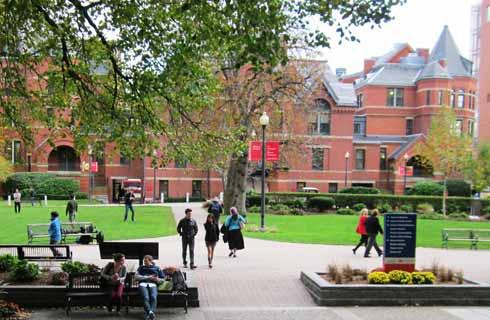
Bachelor of Science in Business - Accountancy (Honors)
学历文凭
Honours
开学日期
课程费用总额

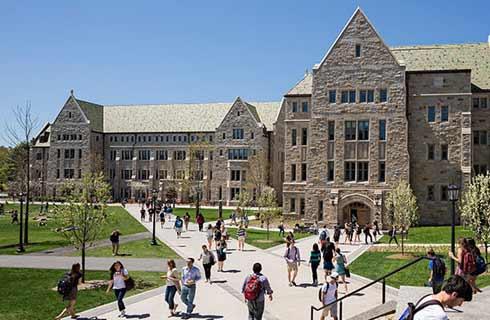
Bachelor of Science in Business - Management Information Systems
学历文凭
Bachelor Degree
开学日期
课程费用总额

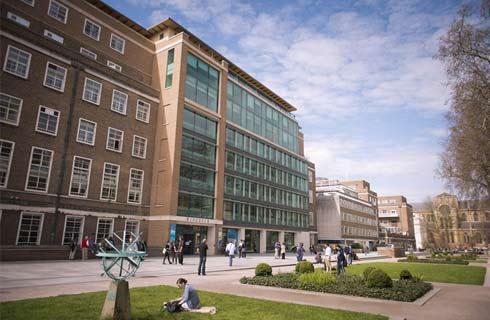
Bachelor of Science in Business - Business Administration
学历文凭
Bachelor Degree
开学日期
课程费用总额


Bachelor of Science in Business - Economics
学历文凭
Bachelor Degree
开学日期
课程费用总额

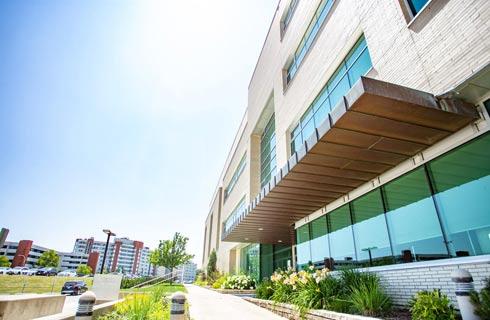
Bachelor of Science in Business - Finance
学历文凭
Bachelor Degree
开学日期
课程费用总额

其他相关课程

计算机网络技术员证书
 萨省理工学院
萨省理工学院学历文凭
Bachelor Degree
开学日期
课程费用总额

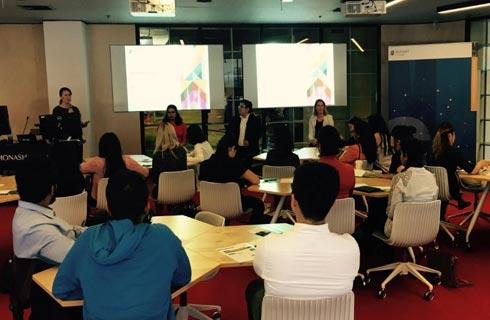
计算机网络与技术支持文凭
 圣劳伦斯学院
圣劳伦斯学院学历文凭
Bachelor Degree
开学日期
课程费用总额


计算机网络工程学硕士
 多伦多都会大学
多伦多都会大学学历文凭
Masters Degree
开学日期
课程费用总额

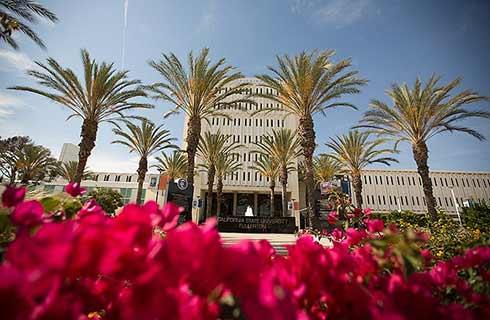
计算机网络应用科学硕士
 多伦多都会大学
多伦多都会大学学历文凭
Masters Degree
开学日期
课程费用总额


安大略大学计算机网络和技术支持大专文凭
 圣力嘉学院
圣力嘉学院学历文凭
Bachelor Degree
开学日期
课程费用总额


计算机和网络支持技术员文凭
 汉博学院
汉博学院学历文凭
Bachelor Degree
开学日期
课程费用总额











